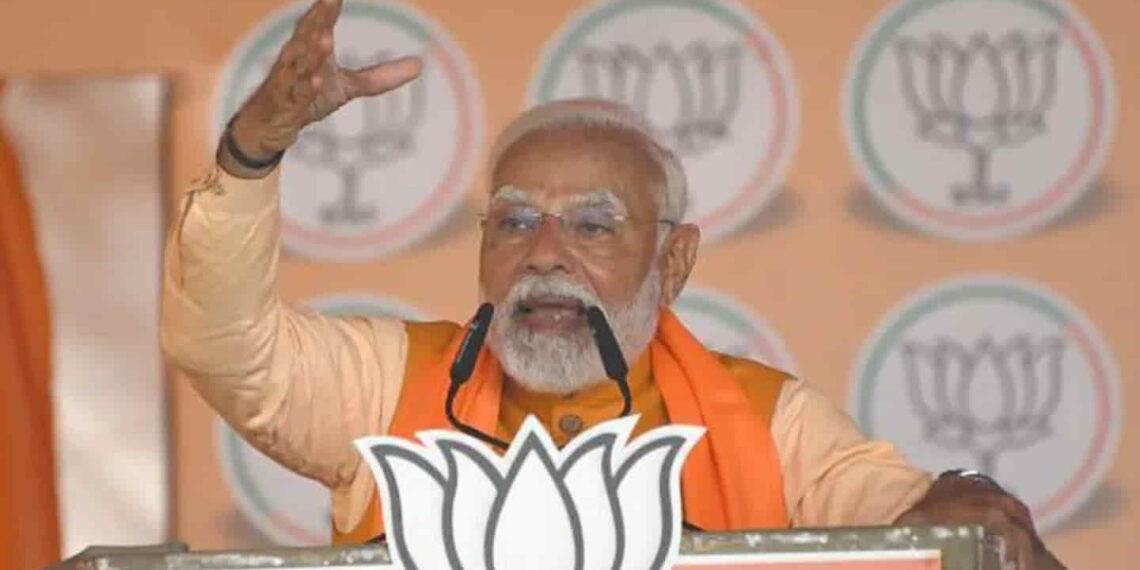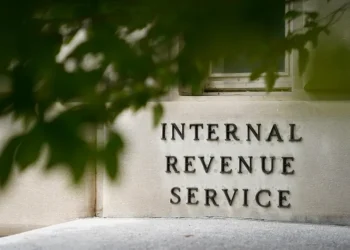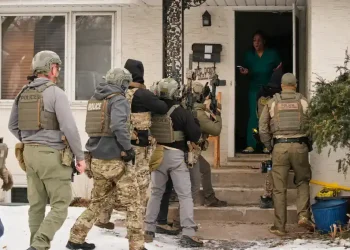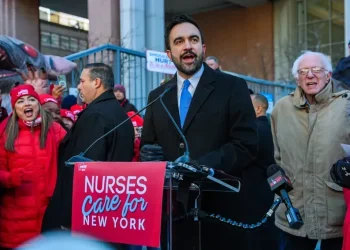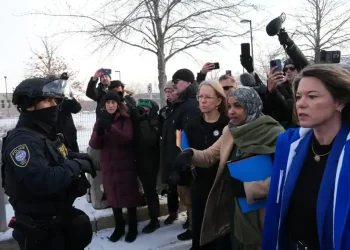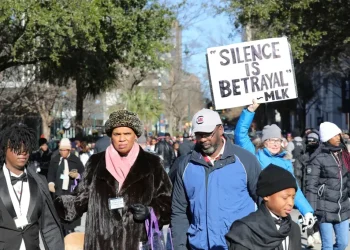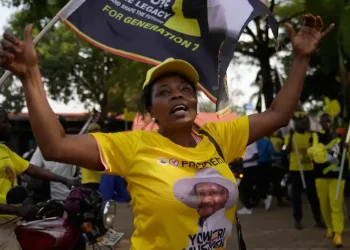Modi’s BJP Secures Historic Victory in Delhi Election
BJP Ends 27-Year Wait for Power in Delhi
Prime Minister Narendra Modi’s Bharatiya Janata Party (BJP) has secured a landslide victory in the high-stakes Delhi election, marking its first government in the capital in 27 years.
According to the Election Commission of India (ECI), BJP has either won or is leading in 48 out of 70 seats, surpassing the 35-seat majority mark needed to form the government. The incumbent Aam Aadmi Party (AAP) trails with 22 seats, while the Congress failed to win a single seat.
Modi Celebrates Victory, Kejriwal Concedes Defeat
Reacting to the victory, PM Modi took to X (formerly Twitter), stating:
“Development wins, good governance triumphs.”
He also assured that his party would leave “no stone unturned” in developing Delhi.
Meanwhile, AAP’s outgoing Chief Minister Arvind Kejriwal accepted defeat in a video message, congratulating the BJP:
“We humbly accept the people’s verdict. I hope they live up to the expectations of those who voted for them.”
Why This Election Mattered
The Delhi election was not just a routine state contest; it was a prestige battle for both BJP and AAP. As the nation’s capital, Delhi holds symbolic importance in Indian politics.
BJP’s Breakthrough: Delhi had been governed by AAP since 2013, and BJP had been out of power in the city since 1998. This victory gives Modi’s party a crucial foothold in the capital.
AAP’s Decline: Once praised for its focus on education and healthcare, AAP’s popularity has waned, especially among the middle class, which initially supported Kejriwal’s anti-corruption stance.
Congress’ Collapse: The Congress party, which ruled Delhi from 1998 to 2013, continues to struggle, failing to win even one seat.
How BJP Secured Victory
Aggressive Campaigning: BJP poured massive resources into the Delhi campaign, with PM Modi and Home Minister Amit Shah actively participating.
“Double-Engine” Pitch: BJP’s campaign emphasized having the same party ruling both Delhi and the central government, promising stability and development.
AAP’s Corruption Scandals: Key AAP leaders, including Arvind Kejriwal and Manish Sisodia, were jailed over corruption charges, damaging the party’s credibility.
Congress’ Irrelevance: Congress, once a dominant force in Delhi, failed to recover from its 2013 corruption scandal that initially led to AAP’s rise.
Major Upsets in the Election
Arvind Kejriwal lost his seat in New Delhi.
Manish Sisodia was defeated in Jangpura.
Atishi, another senior AAP leader, barely held on in Kalkaji.
Key Issues in the Election
Welfare Promises: Both BJP and AAP focused on education, healthcare, and cash handouts for women.
Middle-Class Tax Cuts: BJP benefited from the recent federal budget, which provided tax relief to salaried workers.
Air Pollution Ignored: Despite Delhi’s severe air quality crisis, pollution was not a major campaign issue.
What This Means for Indian Politics
BJP’s Resurgence: Fresh off victories in Haryana and Maharashtra, this win strengthens Modi’s position ahead of upcoming elections.
Opposition in Disarray: AAP and Congress are struggling, leaving the opposition fragmented.
AAP’s Future Uncertain: With its stronghold in Delhi slipping away, AAP’s influence outside Punjab is now in question.
Conclusion
BJP’s historic victory in Delhi marks a major political shift in India’s capital. AAP faces an uncertain future, while BJP solidifies its dominance with renewed momentum heading into the next electoral cycle.
This article was rewritten by JournosNews.com based on verified reporting from trusted sources. The content has been independently reviewed, fact-checked, and edited for accuracy, neutrality, tone, and global readability in accordance with Google News and AdSense standards.
All opinions, quotes, or statements from contributors, experts, or sourced organizations do not necessarily reflect the views of JournosNews.com. JournosNews.com maintains full editorial independence from any external funders, sponsors, or organizations.
Stay informed with JournosNews.com — your trusted source for verified global reporting and in-depth analysis. Follow us on Google News, BlueSky, and X for real-time updates.
